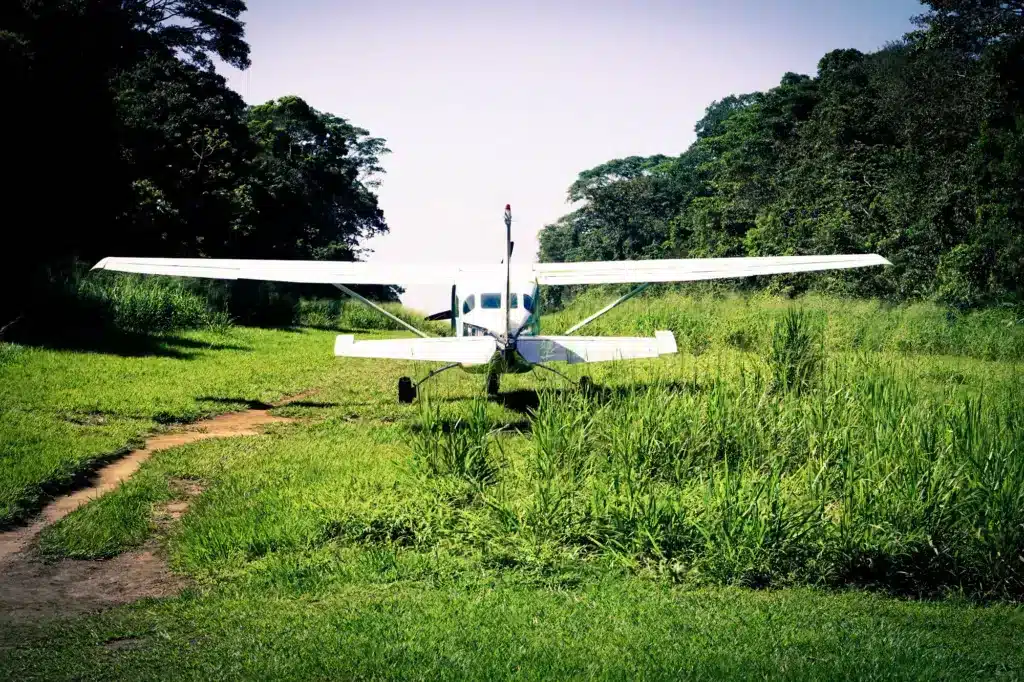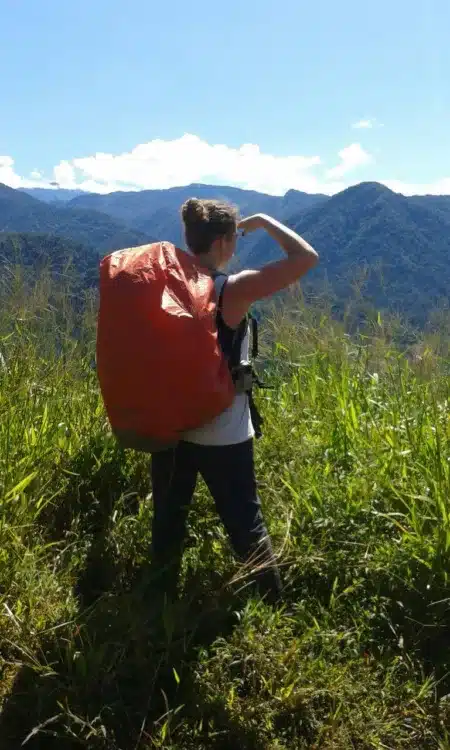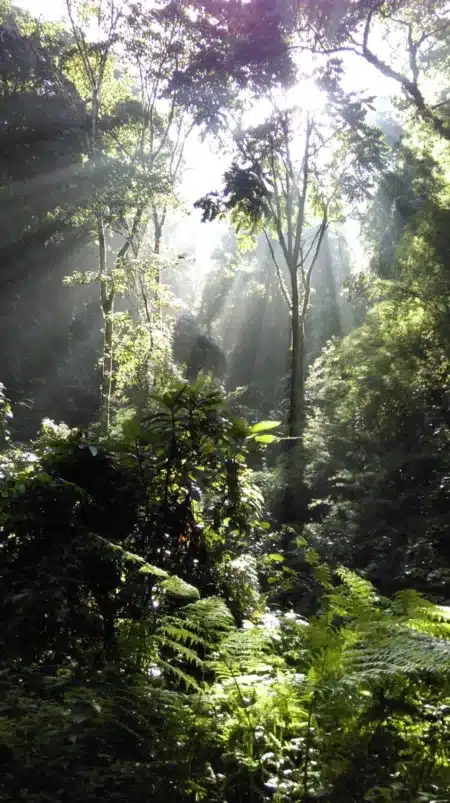Elamine ja töötamine teises riigis on enesearengu ja silmaringi laiendamise mõttes äärmiselt virgastav – õppides tundma teisi inimesi ja kultuure, õpid alati midagi ka enda kohta. Alljärgnev on lugu Jobatticali blogist.
Originally from France, Julie Duthey has been living and working abroad in 4 countries now, and speaks 5 languages. Currently a Custom Course and Partnership Manager for Outward Bound in Costa Rica, she shares her tale of what it’s like to live and work in a forest.
What made you decide to live and work in Costa Rica?
I love traveling, and I believe that the best way to truly discover a country and its culture is to live and work there. I had done it in India, Thailand and in the UK and I learned so much from it: you learn new languages, you observe different ways of life, you taste new food, you make new friends…
After living in London for 2 years and a half, wanderlust struck again and I had to look for a new adventure: I wanted to reconnect with nature, to discover a completely unknown culture and, if possible, to find an exciting job. So when I read Outward Bound’s job offer in the Jobbatical newsletter, it was such perfect timing that it seemed too good to be true… But I thought, ‘you won’t get it if you don’t try’… So I applied and I ended up getting the job!
Is there anything you did to prepare for the move?
I had one month to move out of my house in London and to say goodbye to dear friends and family there and back to France: this is probably the hardest thing to do to be honest. Costa Rica is literally on the other side of the planet, so you don’t know when you’ll see them again! Administratively and logistically speaking, the team from Outward Bound made it very easy as they sent me an information pack with a list of things I needed to pack or do before leaving. The fact that the job involved living on base also made it easy as I didn’t have to look for an accommodation.
What are some benefits of working with a cross-cultural team?
It widens your views and interpersonal skills, it makes you more creative and opens your mind. You learn different ways to work, to solve problems, to manage and to be managed, to address customers — to communicate and interact with people in general… And you bring your ways to the team! It’s a win-win really.
Did you notice any differences between work culture in Costa Rica vs the UK?
It’s a tough question, because my job environments in the UK and Costa Rica are extremely different. In London, I worked at the British Museum, which is a very big historical institution, with literally hundreds of employees and millions of visitors in the heart of the city — in Costa Rica I share an office with 3 other people, in the middle of the rainforest!
That said, in the UK there is a strong business etiquette: courtesy, politeness and privacy are highly valued so I suppose the work culture in Costa Rica seems less formal in comparison. Costa Rica’s geography and climate also make days at the office unpredictable sometimes: a thunderstorm can cause a power cut for hours, or airports to momentarily close for example… You learn to adapt and react quickly to all kinds of situations!
Do you think living abroad is beneficial for your career or personal growth, and how?
Undoubtedly. First of all, by definition it makes you step outside of your comfort zone. Everything is unfamiliar: the language, the food, the sights, the smells; you’re far away from your hometown, friends, family and routine… That’s how you learn to adapt and think by yourself.
You develop compassion: as you learn about other people, cultures and ways of life you also learn a lot about yourself.
You learn to trust your gut, to rely on yourself, to survive during periods of loneliness and unfamiliarity, and develop a thicker skin. These are things as important for your career as they are for your personal growth! If you make an effort to be curious and immerse in the culture, to interact with your new community, you will learn new languages easily. I can speak 5 languages now, I would never have learned them by staying at home…
What is your favorite thing about living in Costa Rica?
The omnipresence of nature — living in the rainforest is just indescribable. It truly has an impact on you, both emotionally and physically: there is no stress, no crowds, no hassle, no commute to work… I definitely feel more relaxed and less tired. The people of Costa Rica are very welcoming, accepting and generous, the food is incredible.
My absolute favorite thing until now was that, as the new Custom Course and Partnership Manager, part of my training involved going on a course for 10 days with a group of students from Washington. I had to understand how our courses work to be able to design programs based on our customers’ objectives.
We went on a hike for 5 days through the rainforest, did waterfall rappelling, learned how to surf, stayed in remote farms where we learned traditional farming techniques. That was an incredible experience. I learned so much about myself, my new country, my new job… And to see the impact it had on our students with my own eyes made me realize that my job had a direct, positive impact on people’s lives: they discover that they are more capable than they think, they learn how to work as a group and individually, how to overcome their fears… This is the best incentive you can find!
What is the hardest thing about living in Costa Rica?
Life in Costa Rica isn’t cheap! Also, the fact it’s so far from Europe… You don’t get to see your friends and family as often as you’d like and the time difference (7 hours with the UK, 8 hours with France!) doesn’t make it easy to catch up. It’s another situation you learn to adapt to!
Finally, what advice would you give to someone considering a jobbatical?
Do it! At first I was worried that my application would be buried under hundreds of others, but here I am… Only apply to the jobs you really want and are qualified for — the exotic places are tempting, but you’re not buying a holiday, you have to commit once you get there! Finally, be prepared, but don’t overthink it or you’ll never do it!
There are always reasons and excuses not to take a risk but the reward is definitely worth the trouble.
Allikas: Jobbatical blog





